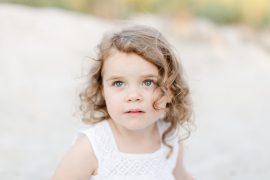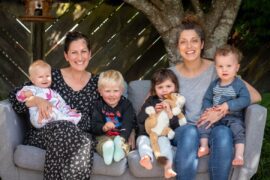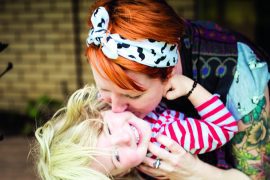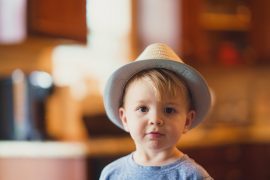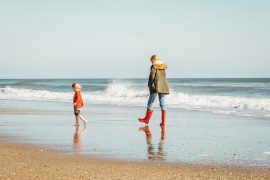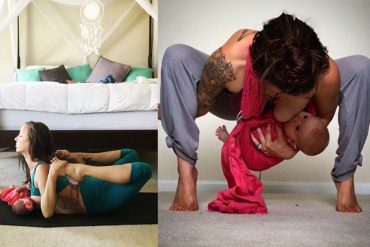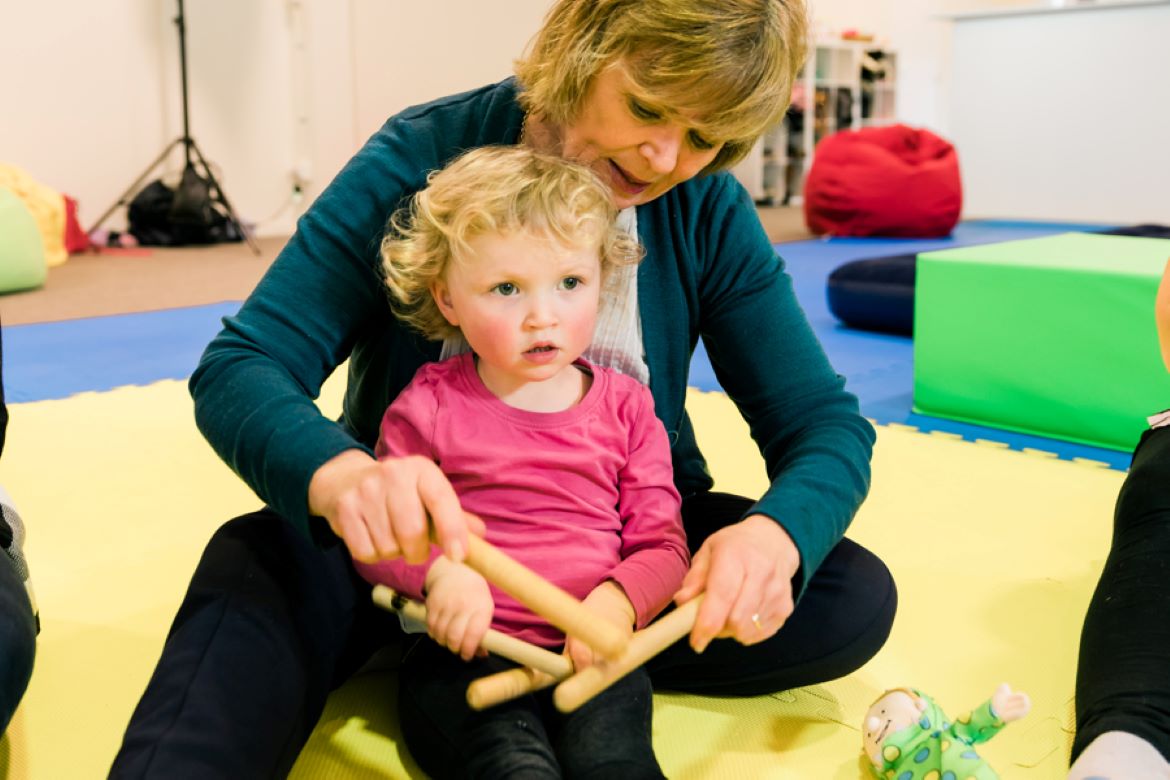
Musical instruments
Providing opportunities for babies and toddlers to make their own music can provide a great outlet for frustration, tension and stress and even anger. If they are allowed to improvise freely with an instrument, the parent or practitioner gains an insight into their emotions and feelings. For example, the toddler may hit an instrument with force if he is feeling angry or frustrated. Playing an instrument also enhances fine finger movements, improves eyesight, hearing, concentration and memory. It also promotes the production of antibodies, which leads to improved health and well-being.
To encourage participation, musical instruments should be appropriate to the age and stage of the infant’s development. For example, the three-month-old baby can shake a rattle or a bell to make a noise.
At 9 to 10 months, the baby may beat a drum or two wooden spoons together. And in the second year, the toddler may hit a triangle or specific notes on a xylophone. Toddlers also enjoy making their own instruments from yoghurt pots, plastic milk containers and margarine tubs.
As well as helping babies and toddlers to explore notes, chords and tones, handling instruments enables them to match sounds to different instruments, make quiet and loud sounds, change volume, rhythm and speed.
Music and brain development
We know that playing an instrument strengthens connections between brain cells and enhances certain types of mathematical reasoning. Magnetic resonance images show that early music experiences enlarge the left brain hemisphere associated with auditory processing and language development, and the right side of the brain associated with emotion and memory. The nerve fibre bundle, that connects the two hemispheres of the brain, is also thicker. The sounds, vibrations and rhythms of music also stimulate the brain to be more active in sending electrical signals to the muscles and limbs.
Music has such a significant effect on brain development and the learning process that it simply has to be incorporated from birth.
Some researchers would even say that musical experiences are vital for the total development of the brain. We now know that the optimal time to introduce music is from birth to the age of three years. After that, the window of opportunity gradually begins to close.
Baby Sensory and Toddler Sense classes are run across the country. Babies, toddlers and their adults can join us at any time – classes are suitable from birth – and we’d encourage them to begin as soon as they feel able.
Our original, multi award-winning programmes, offers a complete approach to learning and development from birth to 5 years old.
As well as being full of fun, Baby Sensory classes will further your child’s brain and physical development, laying the foundations to their future learning. You and your baby will be introduced to a world of sensory delights, where you can relax, spend quality time with each other and enjoy meeting other new parents. Specifically designed from birth, to aid your child’s development, the classes are packed with an incredible variety of sounds, smells, sights, textures, music, dance, singing and more.


